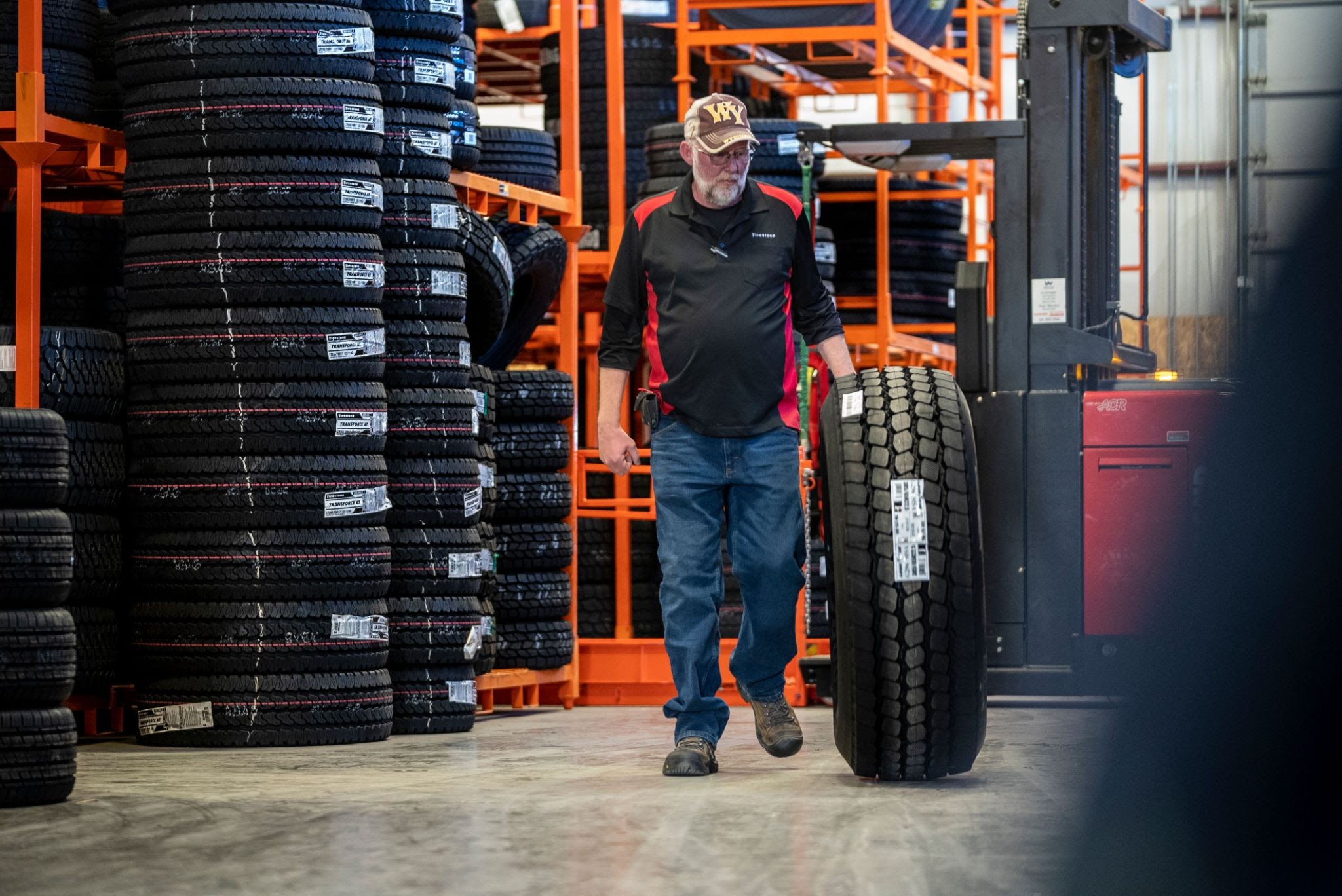The Ecological Benefits of Proper Tire Upkeep
Preserving correct tire care is usually neglected, yet its influence on the setting is extensive. Proper tire upkeep not only expands the lifespan of tires however additionally decreases garbage dump waste and adds to improved air high quality.
Lowered Fuel Usage
Improving tire maintenance techniques can lead to a considerable reduction in fuel consumption for vehicles. According to the U.S. Division of Power, underinflated tires can lower gas mileage by 0.2% for every 1 psi drop in pressure in all four tires.
Along with tire stress, normal tire turnings and placements additionally play a vital duty in gas performance. Erratically used tires can raise gas consumption as the engine works harder to preserve rate and grip. By preserving appropriate placement and turning tires at advised periods, drivers can make sure also put on and prolong the life of their tires, inevitably saving fuel and reducing their carbon footprint.
Extended Tire Life-span
Extending the life expectancy of tires is a crucial aspect of effective car upkeep practices that can generate cost financial savings and environmental benefits in the future. By appropriately keeping tires, drivers can considerably lengthen their functionality, lowering the frequency at which brand-new tires need to be manufactured and old ones dealt with. This not just conserves useful resources however also decreases the energy and emissions connected with tire production and disposal procedures.
Frequently inspecting tire stress, rotating tires, and making sure proper alignment are essential action in expanding tire life expectancy. Adequate step depth is essential for optimal traction and safety and security, however it additionally plays a role in the length of time tires can be made use of prior to requiring replacement. Additionally, staying clear of aggressive driving behaviors that accelerate tire wear, such as extreme stopping and sharp turns, can further enhance tire toughness.
Inevitably, raising the durability of tires through proactive upkeep not just profits the environment by lowering waste and conserving sources but likewise brings about set you back financial savings for automobile proprietors by postponing the need for brand-new tire acquisitions.
Reduced Emissions Outcome
Reliable tire upkeep methods add to a reduction in discharges result, lining up with ecological sustainability objectives in the automotive industry. Appropriately filled with air tires, on a regular basis revolved and aligned, can enhance fuel performance, thus reducing the general co2 discharges from lorries. When tires are underinflated, the engine should function more challenging to thrust the automobile, bring about enhanced gas consumption and greater emissions. By keeping optimum tire stress degrees, chauffeurs can assist minimize these negative environmental effects.
Additionally, well-kept tires additionally boost traction and lower rolling resistance, additionally boosting gas effectiveness. This, subsequently, reduces the amount of exhaust gases released right into the environment. Additionally, ensuring tires are effectively pumped up and aligned can expand the life expectancy of the tires, decreasing the frequency of tire substitutes and the connected environmental prices of tire manufacturing and disposal.

Decreased Landfill Waste
Provided the favorable impact of correct tire maintenance on lowering discharges result, one more significant ecological benefit is the possibility for reduced landfill waste. When tires are not kept appropriately, they break much faster and require to be changed more frequently. This results in a higher quantity of used tires being taken care of in garbage dumps. By making sure that tires are effectively inflated, aligned, balanced, and revolved routinely, their life expectancy can be dramatically extended. This means that fewer tires wind up in landfills, decreasing the amount of non-biodegradable internet waste in these already overflowing sites.

Improved Air Top Quality
Enhancing air high quality through correct tire maintenance practices is a critical facet of lasting ecological stewardship. When tires are underinflated, they produce more moving resistance, leading to raised fuel consumption and greater discharges look here of hazardous toxins such as carbon monoxide gas and nitrogen oxides. Effectively filled with air tires not just improve gas efficiency but additionally reduce the amount of contaminants released right into the air.
In addition, properly maintained tires with proper walk depth and placement contribute to more secure driving problems, minimizing the possibility of crashes that can lead to the release of additional toxins into the ambience. By extending the life expectancy of tires with routine upkeep and turning, less tires are thrown out too soon, decreasing the environmental impact of tire disposal and manufacturing processes.
Final Thought
In final thought, correct tire maintenance supplies various ecological advantages. It is important for people to prioritize tire maintenance as a straightforward yet effective way to safeguard the atmosphere for future generations.
Appropriate tire upkeep not only expands the life expectancy of tires but additionally decreases land fill waste and contributes to enhanced air high quality - morris tire. By maintaining correct positioning and turning tires at advised periods, motorists can make certain even lengthen the life and use of their tires, look at this now eventually conserving fuel and lowering their carbon footprint
By effectively preserving tires, vehicle drivers can dramatically prolong their functionality, reducing the frequency at which new tires require to be produced and old ones disposed of.Routinely inspecting tire stress, rotating tires, and making certain proper placement are essential steps in expanding tire lifespan. Furthermore, ensuring tires are correctly blown up and aligned can prolong the life-span of the tires, decreasing the regularity of tire substitutes and the connected ecological costs of tire manufacturing and disposal.